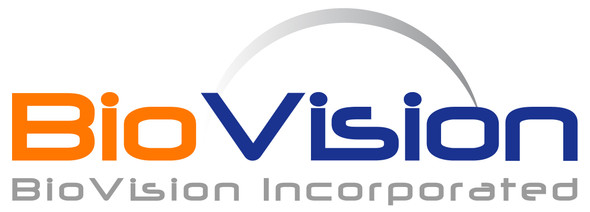Description
sFas Receptor, human recombinant is available at Gentaur for Next week delivery.
Leads to down-regulation of the immune response
Biomolecule/Target: sFas Receptor
Alternates names: soluble Fas receptor (sFasR), TNFRSF6, CD95, Apo I, Fas Antigen
Synonyms: soluble Fas receptor (sFasR), TNFRSF6, CD95, Apo I, Fas Antigen
Background Information: Fas and Fas Ligand (FasL) belong to the TNF superfamily and are type I and type II transmembrane proteins, respectively. Binding of FasL to Fas triggers apoptosis in Fas-bearing cells. The mechanism of apoptosis involves recruitment of pro-caspase 8 through an adaptor molecule called FADD followed by processing of the pro-enzyme to active forms. These active caspases then cleave various cellular substrates leading to the eventual cell death. sFasR is capable of inhibiting FasL induced apoptosis by acting as a decoy receptor that serves as a sink for FasL. The full length Fas (receptor) is a 319 amino acid type I transmembrane protein, which contains a 157 amino acid extracellular domain, a 17 amino acid transmembrane domain, and 145 amino acid cytoplasmic domain. Recombinant human soluble Fas (sFas Receptor) is a 157 amino acid polypeptide (17.6 kDa) corresponding to the TNFR homologous cysteine rich extracellular domain Fas.
Reconstitution Instructions: Centrifuge the vial prior to opening. Reconstitute in water to a concentration of 0.1-1.0 mg/ml. Do not vortex. This solution can be stored at 2-8°C for up to 1 week. For extended storage, it is recommended to further dilute in a buffer containing a carrier protein (example 0.1% BSA) and store in working aliquots at -20°C to -80°C.
NCBI Gene Symbol: FASL
Gene ID: 355
NCBI Accession: P25445
Additional Information
Size: |
50 μg |
Country of Manufacturing Origin: |
USA |
Country of Animal Origin: |
USA |
Gene Source: |
Human |
Recombinant: |
Yes |
Source: |
E. coli. |
Purity by SDS-PAGE: |
≥98% |
Assay: |
SDS-PAGE |
Purity: |
N/A |
Assay 2: |
HPLC |
Endotoxin Level: |
< 0.1 ng/μg of protein (<1EU/μg). |
Activity (Specifications/test method): |
ED50 was determined by its ability to inhibit the cytotoxicity of Jurkat cells using a concentration range of 10-15 μg/ml in the presence of 2ng/ml of hFasL. |
Biological activity: |
ED50 was determined by its ability to inhibit the cytotoxicity of Jurkat cells using a concentration range of 10-15 μg/ml in the presence of 2ng/ml of hFasL. |
Results: |
N/A |
Molecular Weight: |
17.6 kDa |
Storage Temperature: |
-20°C |
Shelf Life: |
12 months |
Concentration: |
N/A |
Appearance: |
Lyophilized powder |
Handling: |
Centrifuge the vial prior to opening. |






